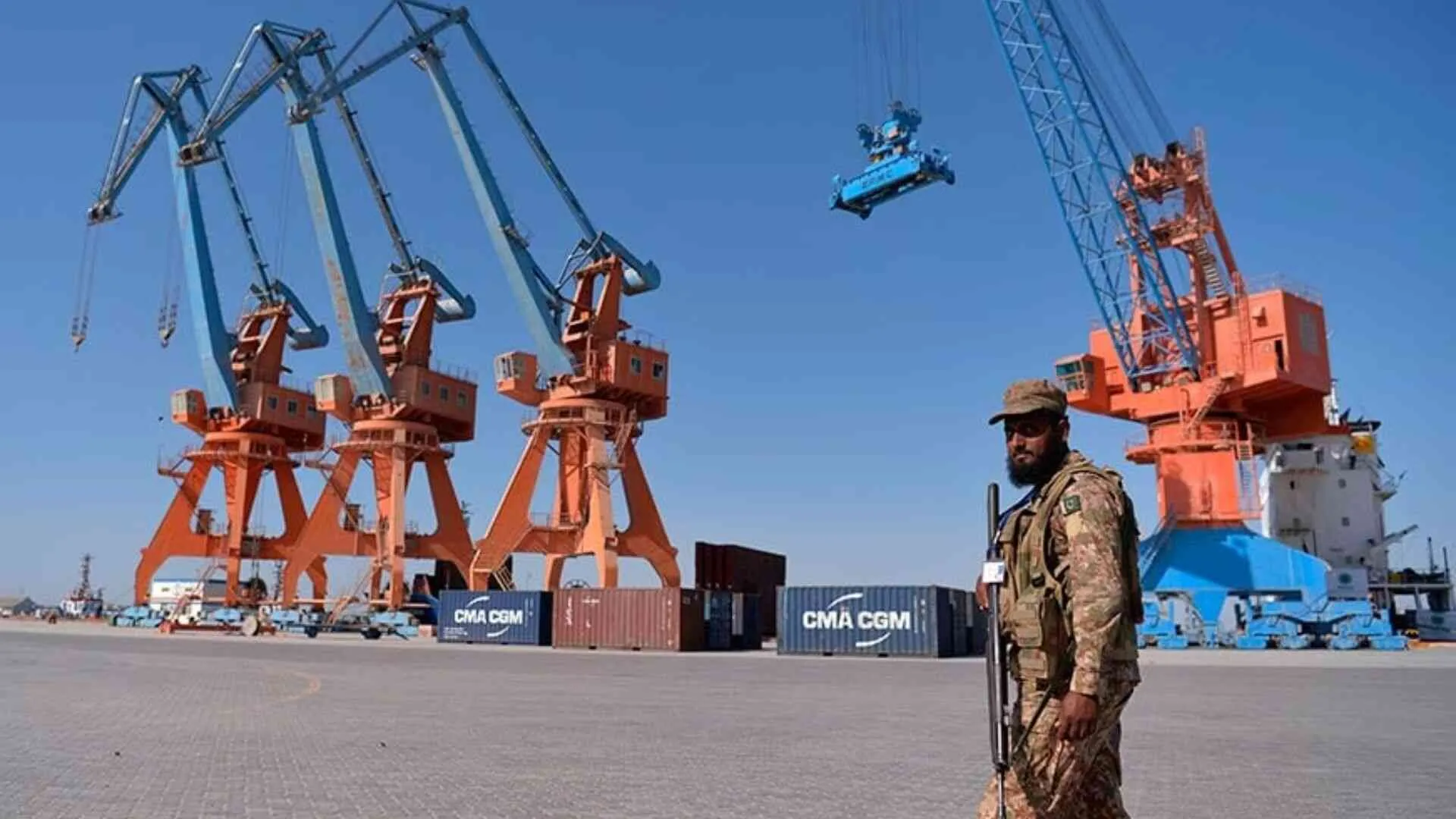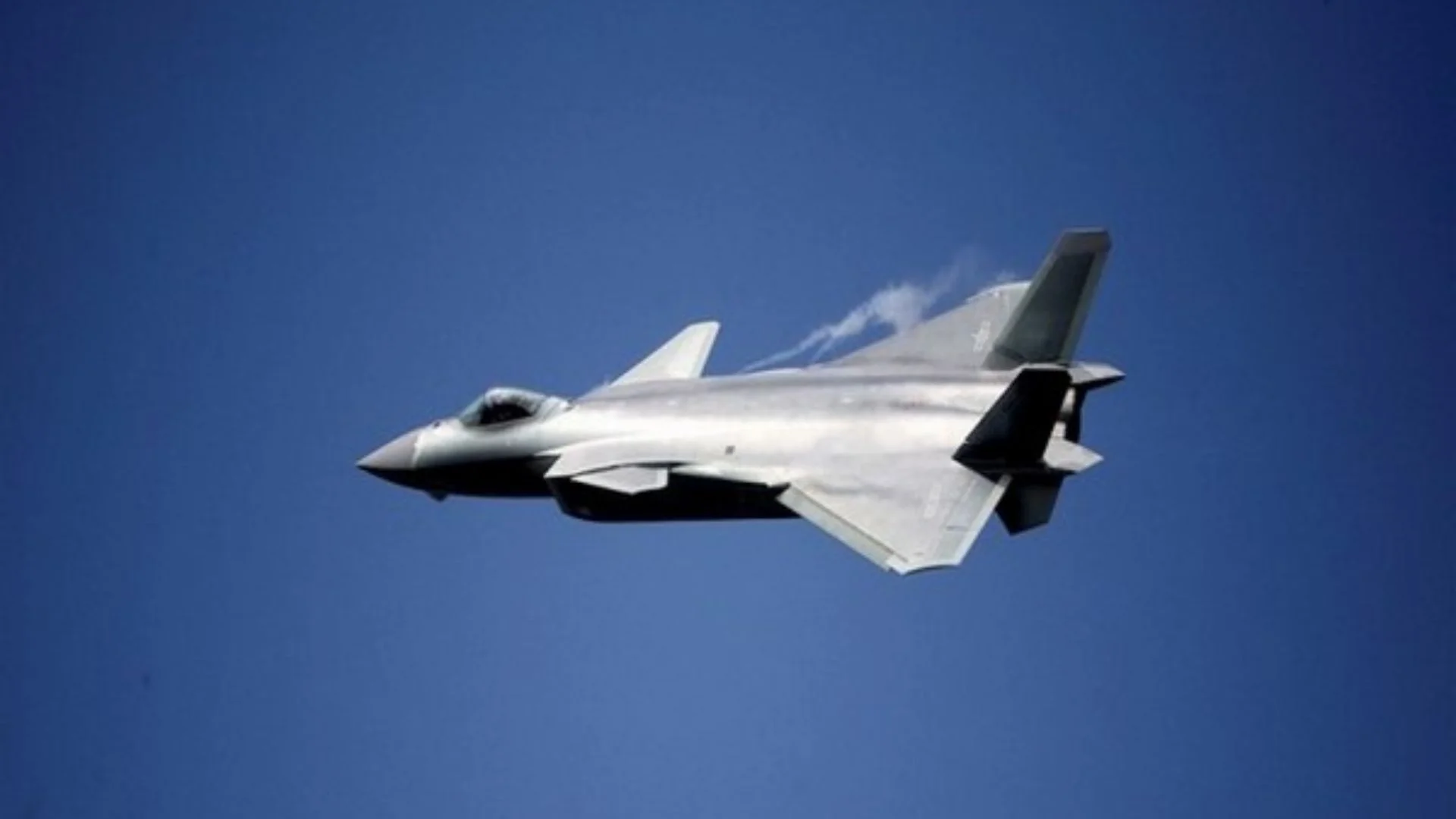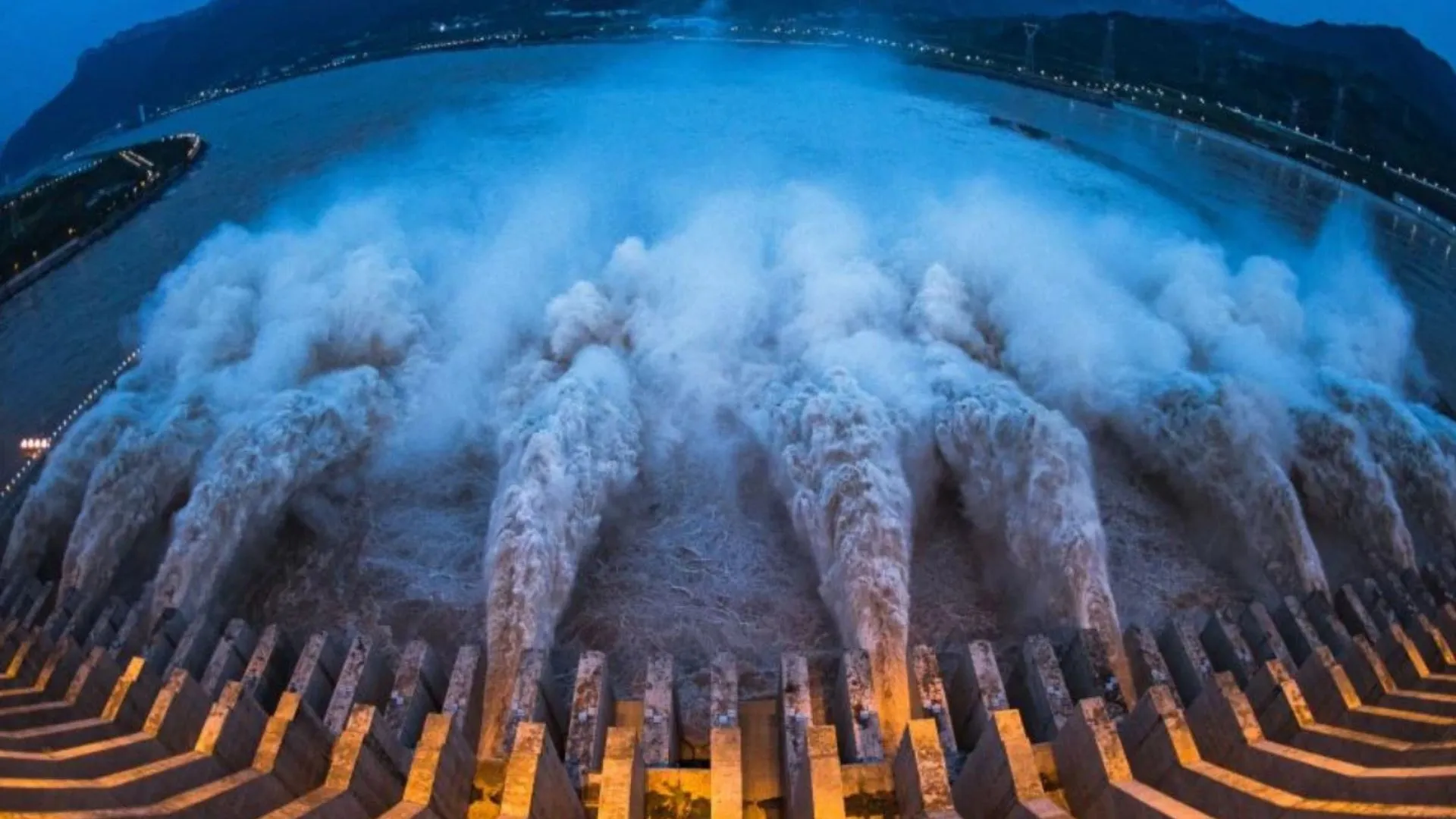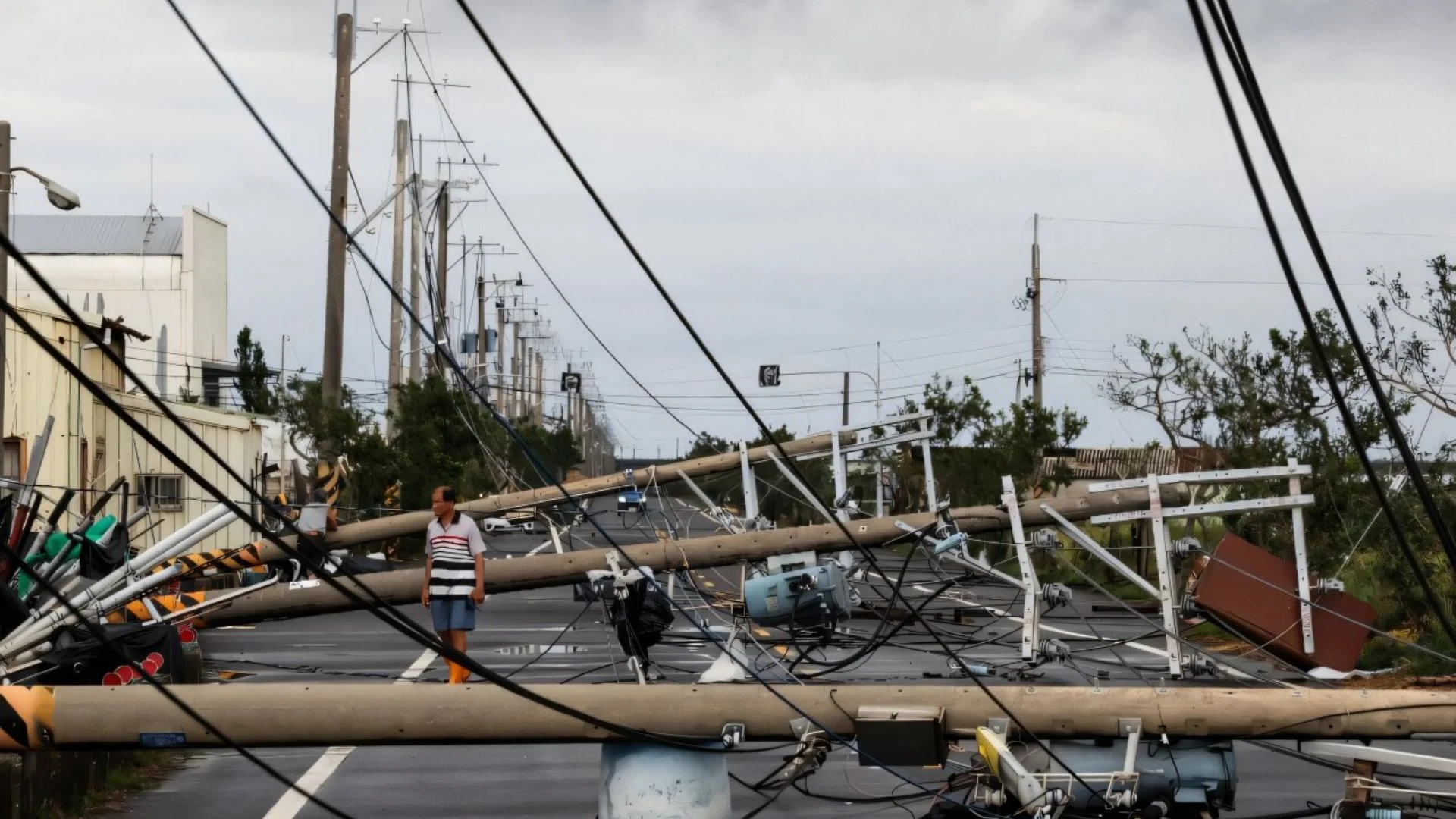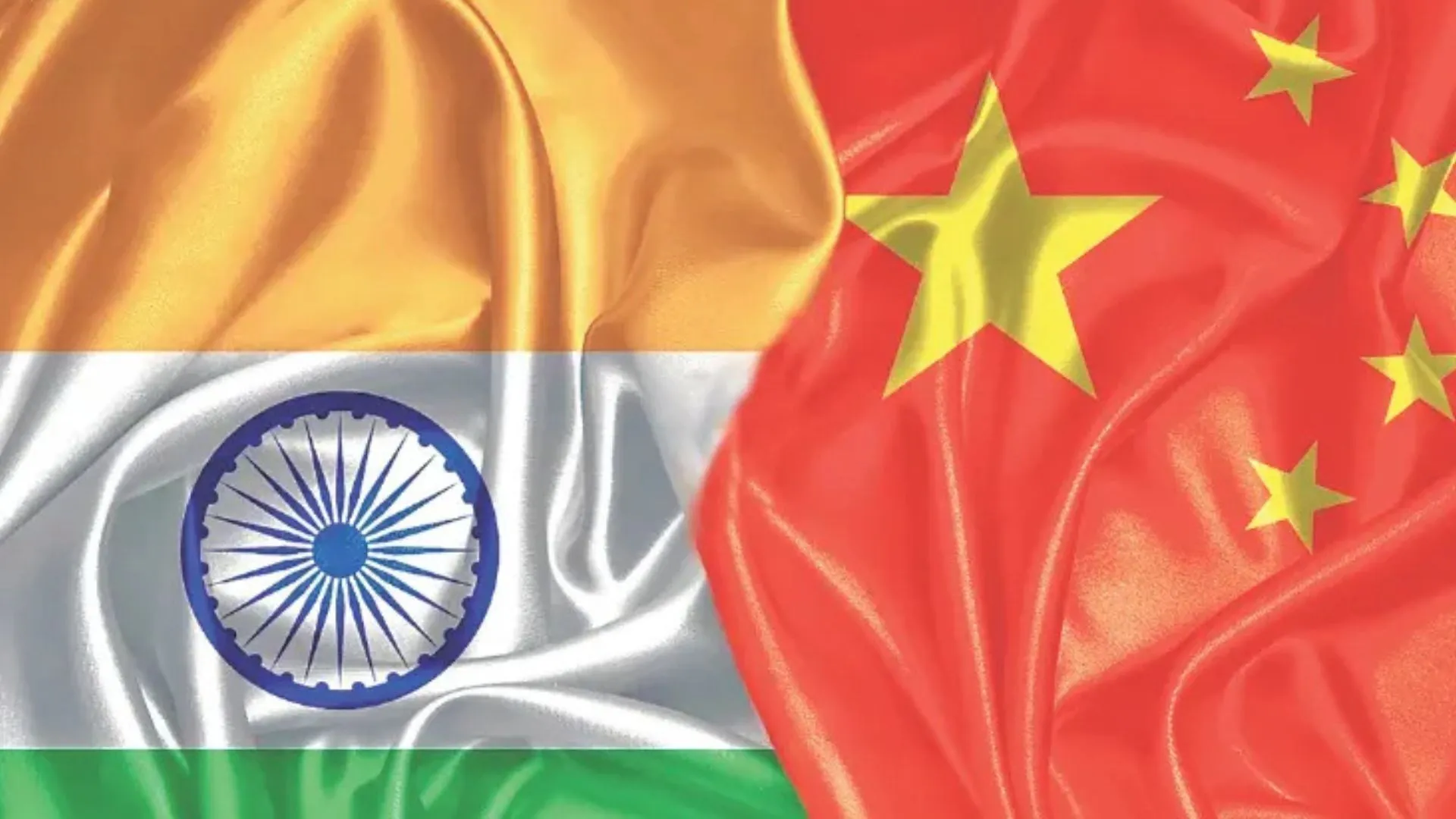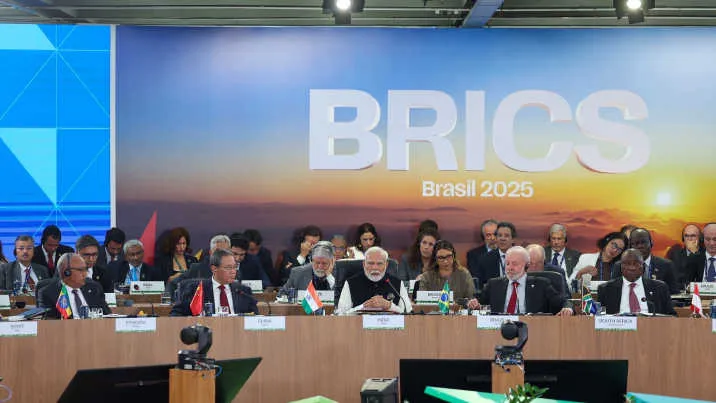China is actively trying to cut out the Pakistan Army and go directly to the Baloch groups to protect its Balochistan investments and reactivate the stalled China-Pakistan Economic Corridor (CPEC), news platform CNN-News18 has discovered from high-level intelligence sources. The strategic change was conveyed to Pakistan Defence Minister Khawaja Asif during his recent visit to Beijing.
The decision is made at a time when Beijing becomes increasingly irked by ongoing assaults on CPEC infrastructure, even after it had invested more than $60 billion in the country. Major projects like the Gwadar Port and Reko Diq mine have witnessed negligible development, while Washington has upped its interest in Balochistan’s huge mineral resources.
China, according to sources, has come to the conclusion that direct communication with Baloch factions is required for speeding up development and assuring other Belt and Road Initiative (BRI) stakeholders. Chinese leadership, after over a decade of failures, now views the Baloch people and not the Pakistan Army as the actual custodians of Balochistan. “It admits that having only depended on the Pakistan Army has delivered body bags and unfulfilled promises,” one source commented.
Chinese authorities feel that engaging the Baloch directly would lower extremist violence, secure their staff, and lay the ground for unbroken mineral mining. They reason that this strategy might disburden the Pakistan Army of its heavy security mandate while making China a stabilizing influence instead of an invader. This might, in turn, solidify its Pakistan relationship.
However, winning the trust of Baloch groups will not be easy. Memories of the failed secret talks in Dubai in 2019, derailed by transparency issues still linger. While some Baloch factions are open to discussions, others remain wary of Beijing’s motives. The groups remain divided on fundamental issues such as local autonomy, equitable resource sharing, and halting military operations in the region.
To progress on formal negotiations, China may have to woo each Baloch faction separately and collaborate on evolving a common negotiating stance, an exercise that is politically risky and time-consuming.
The stakes are high. Balochistan is said to harbor mineral deposits worth $6 trillion, such as lithium, gold, and copper crucial to China’s green technology ambitions. Having direct contact with the Baloch may allow China to circumvent Pakistan’s state machinery, secure its investments, and access these resources at lower risks.
China is also considering establishing its own police outposts on strategic CPEC routes, a move that has encountered resistance from local communities. The Baloch community has been in strong opposition to the same, apprehending further loss of autonomy. These steps are seen as being to China’s advantage alone, Baloch sovereignty being eroded further and Islamabad even losing control of the area.
Fueling the anger is the inequitable revenue-sharing agreement at Gwadar Port, under which China is said to pocket 91 percent of the revenues. It leaves only a small fraction for local interests, further fueling the feeling of exclusion and economic injustice among the Baloch people.
As Baloch communities persist in their call for an equitable share of resources, a stop to military operations, and political respect for human rights, China’s direct entry means increasing pressure on Pakistan’s civil and military establishment to address longstanding grievances. Beijing’s decision to go it alone leaves CPEC’s and Pakistan’s future in Balochistan in doubt.

